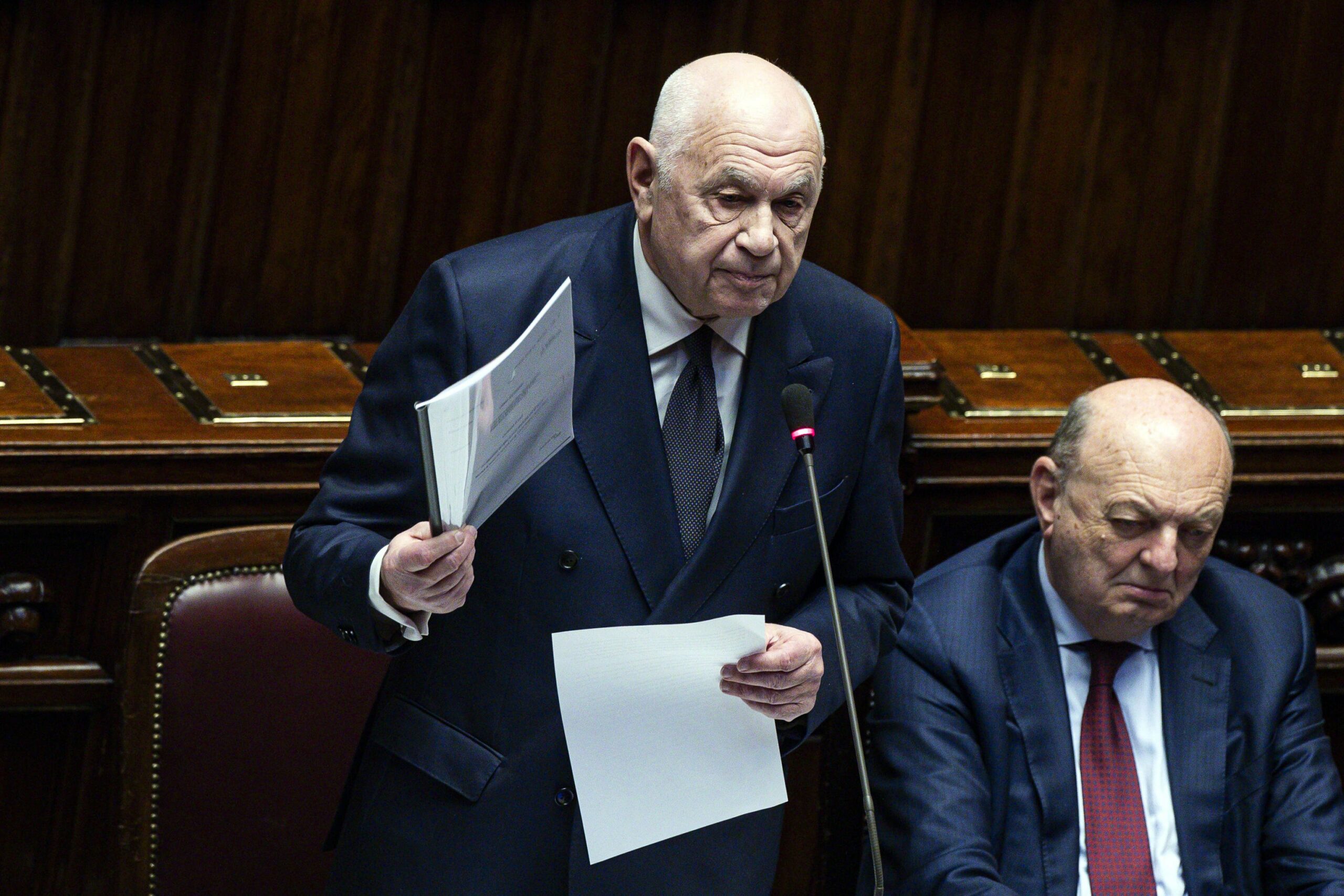These statements show that the Minister does not recognise the constitutional principle of separation of powers, pretending the role of a court of last resort, not only questioning the decisions issued by the national judicial authority, but also those of the supranational courts, thus contributing to dangerous misinformation regarding hypothetical nullity of judicial acts.
Instead, the legal mistakes in the pleading of the Minister are patent. Indeed, he ignored that the arrest warrant is a legal instrument not corresponding to Italian “misure cautelari personali”, but is rather similar to subpoenas (absent in our system, which instead recognizes defendant’s right not participate in the trial); he tried to argue the alleged nullity of the arrest warrant drawing on national case law relating to the invalidity of Italian precautionary measures (“ordinanze cautelari”), for example linking it to the lack of translation into the native language of the defendant, again ignoring that – in any case – the translation of a detention order may be postponed after imprisonment, when there are urgent reasons, and that this always happens – legitimately and unquestioned – in the case of arrest.
The complaint related to the language of the arrest warrant being English – and not translated into Italian – seems frankly surreal, not being admissible that, in 2025, the Minister of Justice is not able to understand a judicial record in English and make it available immediately to anyone – since it is one of the official languages of the European Union and it is the main language in all international working contexts.
But the legal mistakes are not the most serious issues.
What should be clear to all the citizens is that the Minister has assumed the right – which he does not have – to pretend to be a second instance judge of a judicial act, to declare it void, hence violating intentionally and deliberately State law n. 237/2012, which imposes to execute it without questioning it, because of the obligation assumed by Italy due to the ratification of the Statute of the International Criminal Court, which is also known as Rome Statute because it is precisely in Italy that the ideal of a universal justice on war crimes, against peace and against humanity, has seen the light.
The Minister of Justice did not explain – as he should have – why a man accused to have “beaten, tortured, shot, sexually assaulted and killed personally prisoners, as well as … ordered the guards to beat and torture them” (as written in the ICC files) has been released for a deliberate failure of the Italian government.
The Minister took this opportunity to attack once again the independence of the jurisdiction, and no longer “only” the Italian judiciary, but all Courts, including international and supranational Courts. The message is clear: no judicial authority, national or supranational, may issue acts that are undesirable to the political majority; and if that happens, the unwelcome judicial act shall be somehow depleted of its effects, and the judicial authority that issued it shall be pointed out to public opinion as an enemy of the nation.
A dangerous drift, against which the whole legal community, all those who care about liberal democracy, should take a stand.
The Executive of Magistratura Democratica

